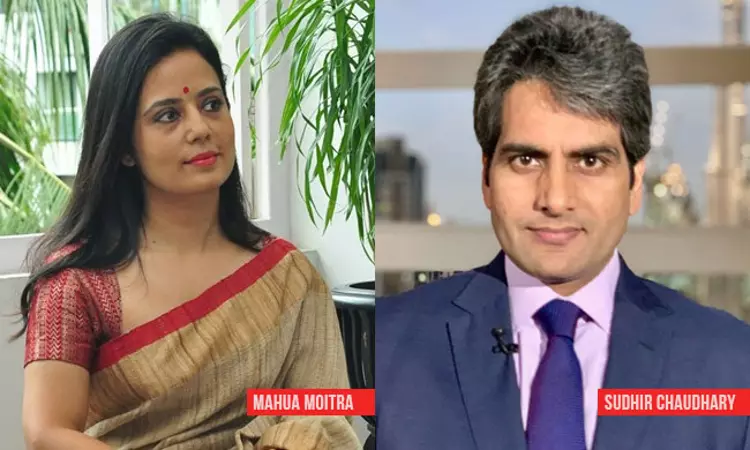A Sessions Court in Delhi today dismissed Zee Media's plea challenging a Magistrate's order dated September 25, 2019, refusing to summon MP Mahua Moitra in a criminal defamation case, as time barred. The Additional Sessions Judge at the Rouse Avenue Court, Geetanjali Goel refused to allow the channel's application for coronation of delay of 81 days in filing the review petition. The...

